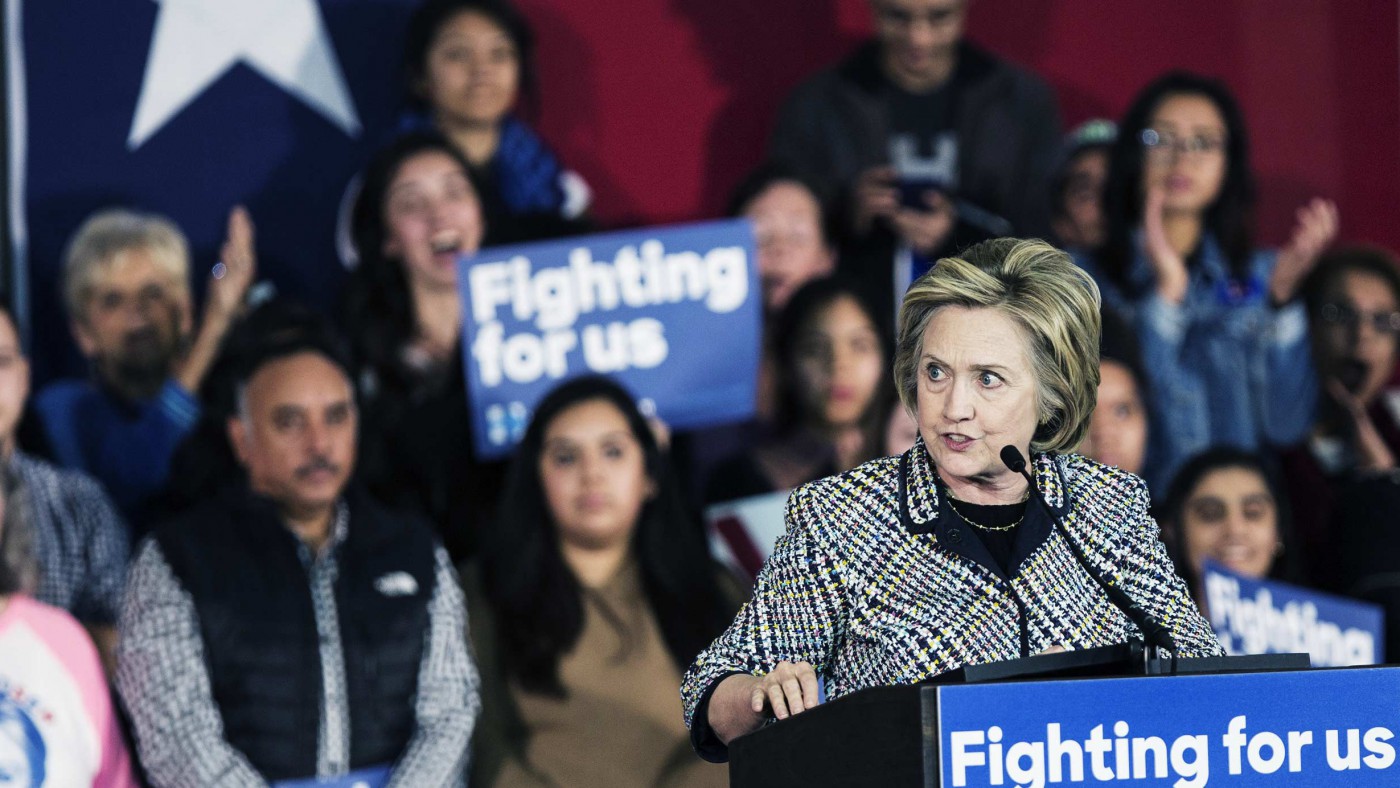The conversation around gender and politics in the US presidential election extends far beyond the well versed comparison between the leading female candidates, Hillary Clinton and Carly Fiorina. Issues affecting women in the workplace include equal pay, paid family leave, the cost of childcare and flexible scheduling. But while reproductive rights and female candidacy are both important and valuable contributions to the conversation around the presidential election, we should ensure that each candidate’s policies are assessed in terms of their impact on men and women, not just those associated with that troublesome term ‘women’s issues’.
The last presidential election showed that the economy was the top issue for women in deciding which candidate to vote for, ranked more important than abortion as a vote driver. The gender gap has grown in the United States over the past twelve months, making it the world’s least-improved country on the World Economic Forum Global Gender Gap report – behind Rwanda. This should be a significant policy issue, as McKinsey recently reported that if women participated equally in the economy with men, global GDP would increase by 26 percent, equating to $28 trillion by 2025.
With income inequality emerging as the most prominent economic issue for Democrats while Republicans focus on growth, we must guarantee that, as the election campaign gains momentum, the debate on economic policies includes a discussion of the impact on women. The gender pay means that American women make just 78 cents to every dollar earned by men, reducing to 64 cents for black women and 56 cents for Hispanic women. There continues to be a significant gender gap in senior leadership positions across business and politics, for example women only represent 2 percent of Fortune 500 CEOs, however women continue to outnumber men in American colleges since 1988.
Clinton’s advertising campaign in late October targeted economic policy concerns of working women, taking a ‘the most progressive address by a major-party presidential candidate in a generation’ according to The Nation. She is a vocal advocate of equal pay, affordable childcare, paid family leave and policy changes for flexible scheduling to ensure men and women can retain dual roles of caregivers and workers. Clinton is currently holding a significant lead amongst female voters, however interestingly she resonates more with millennial, unmarried voters rather than the old guard of white, married women.
Her closest competitor for the Democratic candidacy, Sanders, is seen as a leading figure fighting for women’s rights across a range of policy areas, supporting policies including increasing minimum wage (women make up two-thirds of all minimum wage workers), making quality childcare and Pre-K more affordable and appointment Supreme Court justices who support Roe v. Wade. He is supporting a minimum wage increase to $15, alongside a commitment to sign the Paycheck Fairness Act.
On the Republican side, Martin O’Malley and Chris Christie have been supportive over equal pay, whereas Jeb Bush, Marco Rubio and Rand Paul have vocally criticised it policies to enforce it. Rubio, along with Carly Fiorina and Ted Cruz, is cautious of government interference with the private sector and believe that companies should take the lead on improving paid family and medical leave. However, in a POLITICO Caucus of which candidate would best handle the economy, Rubio, Bush and John Kasich ranked highest. When the economy flourishes, everyone benefits, so while these candidates may not support government intervention to target the pay gap, their policies may in fact be better for the majority of women and men in the longterm.
I will be closely following the formulation of policies from both sides of the spectrum. However as a social and political commentator, I must ensure that I don’t forget that my words are of little value to Republican front runner Donald Trump, as “it doesn’t really matter what [the media] write as long as you’ve got a young and beautiful piece of ass”.


